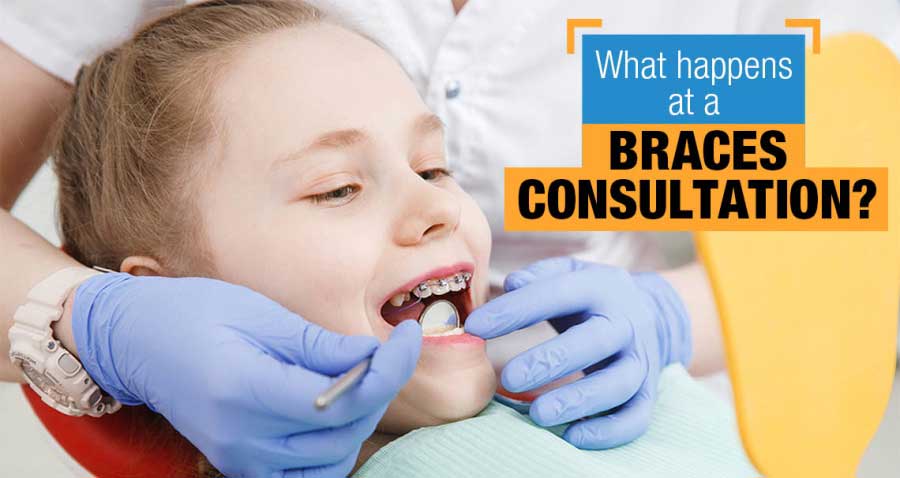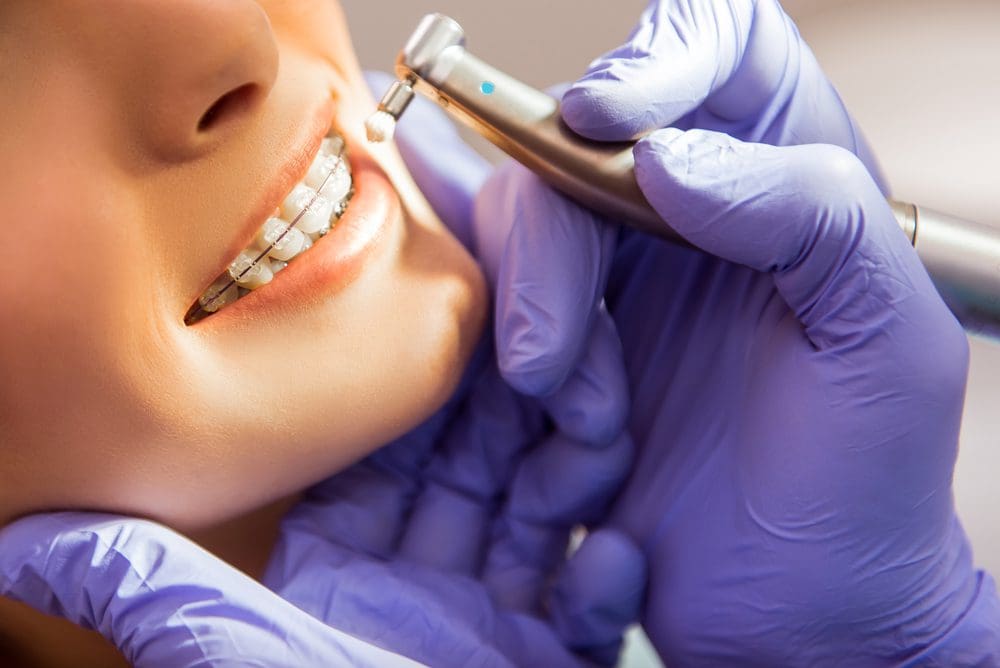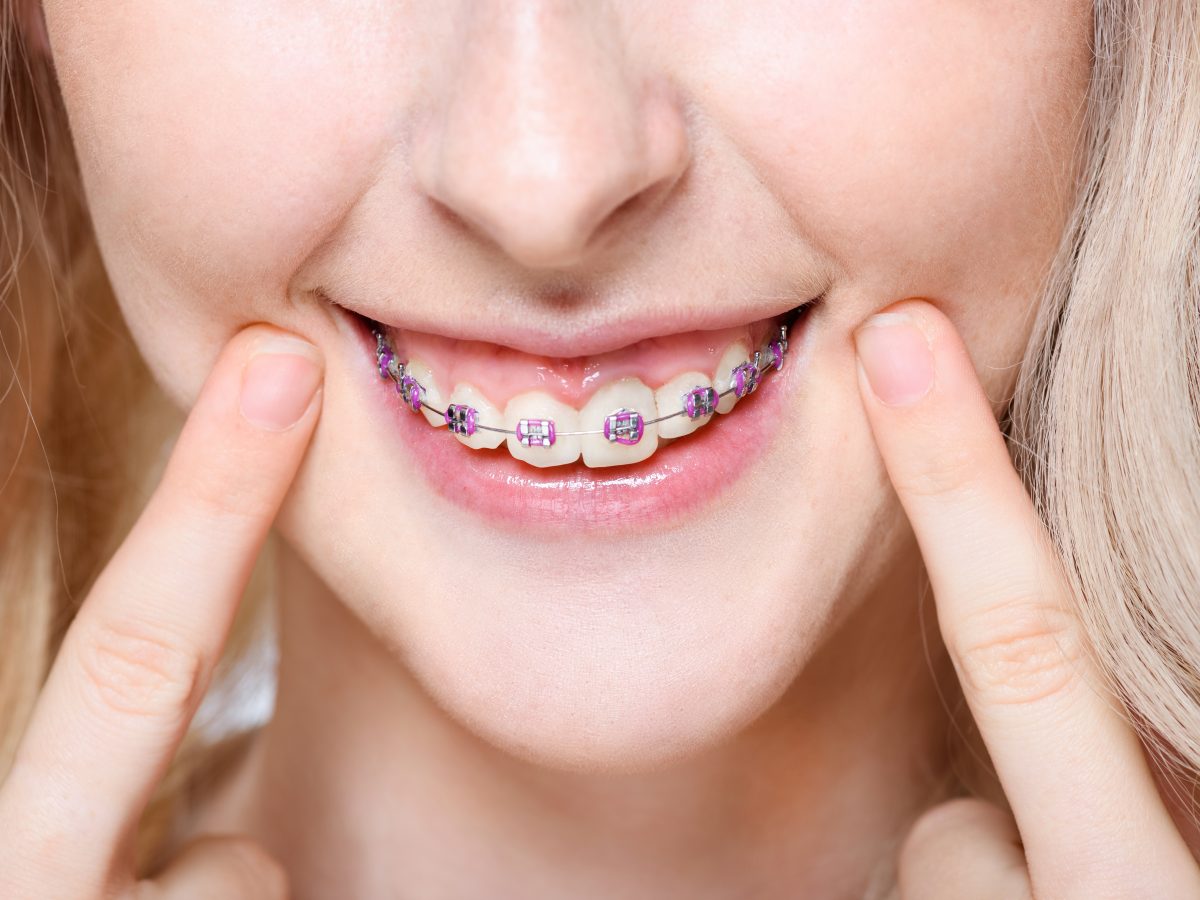Comprehensive Overview to Orthodontics Procedures for Dealing With Dental Imbalances
In the realm of orthodontics, the trip to accomplishing a perfectly straightened smile entails a myriad of procedures tailored to deal with oral misalignments. From traditional dental braces to undetectable aligners and even medical choices, the field of orthodontics offers a range of options to attend to varying levels of dental abnormalities. Understanding the intricacies of each procedure, including their devices, advantages, and possible drawbacks, is critical in making notified decisions concerning one's orthodontic therapy. As we browse via the extensive overview to orthodontic treatments for dealing with dental misalignments, the complex information of each method will unfold, clarifying the path toward a unified and practical oral alignment.
Orthodontic Procedures Review

In enhancement to typical braces and clear aligners, orthodontists may also recommend other treatments like headwear, palatal expanders, or retainers to address specific positioning problems (cumming invisalign). These procedures are customized to each client's distinct needs and might entail a mix of therapies to achieve the preferred results. Regular adjustments and surveillance are crucial components of orthodontic treatment to ensure development gets on track and to make any type of necessary adjustments along the road. By undertaking orthodontic procedures, patients can not only accomplish a straighter smile yet also boost their overall dental health and wellness and function.
Traditional Dental Braces: How They Function
When thinking about orthodontic treatments for dental misalignments, standard dental braces attract attention as a time-tested method for fixing teeth positioning. Conventional braces consist of brackets, cords, and bands that collaborate to apply constant pressure on the teeth, gradually relocating them into the preferred positioning. The brackets are affixed to the teeth making use of a special adhesive, and the wires are threaded via the brackets. By readjusting the stress of the wires, orthodontists can regulate the direction and pressure put on each tooth, guiding them right into proper alignment with time.
One secret aspect of exactly how traditional dental braces work is the procedure of bone makeover. As pressure is related to the teeth with the braces, the bone bordering the teeth is improved to support the brand-new tooth placements. This improvement is crucial for the long-lasting stability of the dealt with positioning. Clients will need normal changes at the orthodontist's workplace to make certain the dental braces continue to apply the right pressure for effective teeth movement.
Invisible Aligners: Advantages And Disadvantages
Unnoticeable aligners use a hassle-free and very discreet choice to typical dental braces for correcting dental imbalances. These clear, personalized trays are virtually unseen when put on, making them an appealing alternative for people seeking a more aesthetically pleasing orthodontic treatment. Among the key benefits of undetectable aligners is their removability, permitting much easier upkeep of oral hygiene compared to traditional braces. Patients can get click for info rid of the aligners before eating or cleaning their teeth, reducing the danger of food getting stuck in the home appliance and streamlining the cleansing procedure.

Surgical Orthodontic Options
Surgical treatments in orthodontics existing viable choices for addressing complicated dental misalignments that might not be properly resolved through conventional orthodontic treatments. While standard dental braces and undetectable aligners can correct many orthodontic issues, certain cases require surgical intervention to achieve optimal results. Surgical orthodontic options are usually suggested for extreme malocclusions, substantial jaw discrepancies, and instances where the underlying bone framework needs modification to achieve proper positioning.
One typical medical orthodontic treatment is orthognathic surgery, which includes repositioning the jaws to fix practical concerns such as trouble speaking or eating. This surgical treatment is typically executed in collaboration with an orthodontist that helps line up the teeth prior to and after the treatment. Surgical orthodontics may likewise entail treatments to expose affected teeth, remove excess periodontal tissue, or improve the jawbone to produce a more unified facial profile.
Before taking into consideration surgical orthodontic choices, clients go through a thorough evaluation to identify the requirement and prospective benefits of such interventions. cumming aligners. While surgical procedure might seem complicated, it can dramatically improve both the function and aesthetic appeals of the smile in cases where go to this website conventional orthodontic therapies drop short
Retainers and Post-Treatment Treatment

Failing to comply with post-treatment care directions can result in regression, where the teeth gradually move back in the direction of their initial placements. Constant retainer wear, good dental health, and regular dental examinations are necessary for maintaining the results accomplished via orthodontic surgical treatment and making certain the lasting stability of the remedied oral alignment.
Conclusion
In conclusion, orthodontic procedures use numerous options for dealing with oral misalignments. Surgical orthodontic choices are available for a lot more severe imbalances. In general, orthodontic treatments can successfully enhance oral wellness and aesthetic look.
As we navigate via the detailed guide to orthodontic treatments for dealing with oral imbalances, the complex information of each method will certainly unravel, shedding light on the course towards a harmonious and useful dental positioning. - cumming invisalign
One of the most typical orthodontic therapies is the use of dental braces, which are composed of metal brackets and cords that apply mild pressure to progressively shift teeth right into the desired setting.When considering orthodontic treatments for oral imbalances, traditional braces stand out as a reliable method for remedying teeth placing. Additionally, unseen aligners might not be suitable for complicated orthodontic concerns that require more considerable teeth activity, as they are usually advised for mild to modest cases. Retainers are tailor-made orthodontic tools designed to hold teeth in their remedied settings after the conclusion of orthodontic therapy.
Comments on “How Cumming Orthodontics Addresses Common Braces and Invisalign Issues”